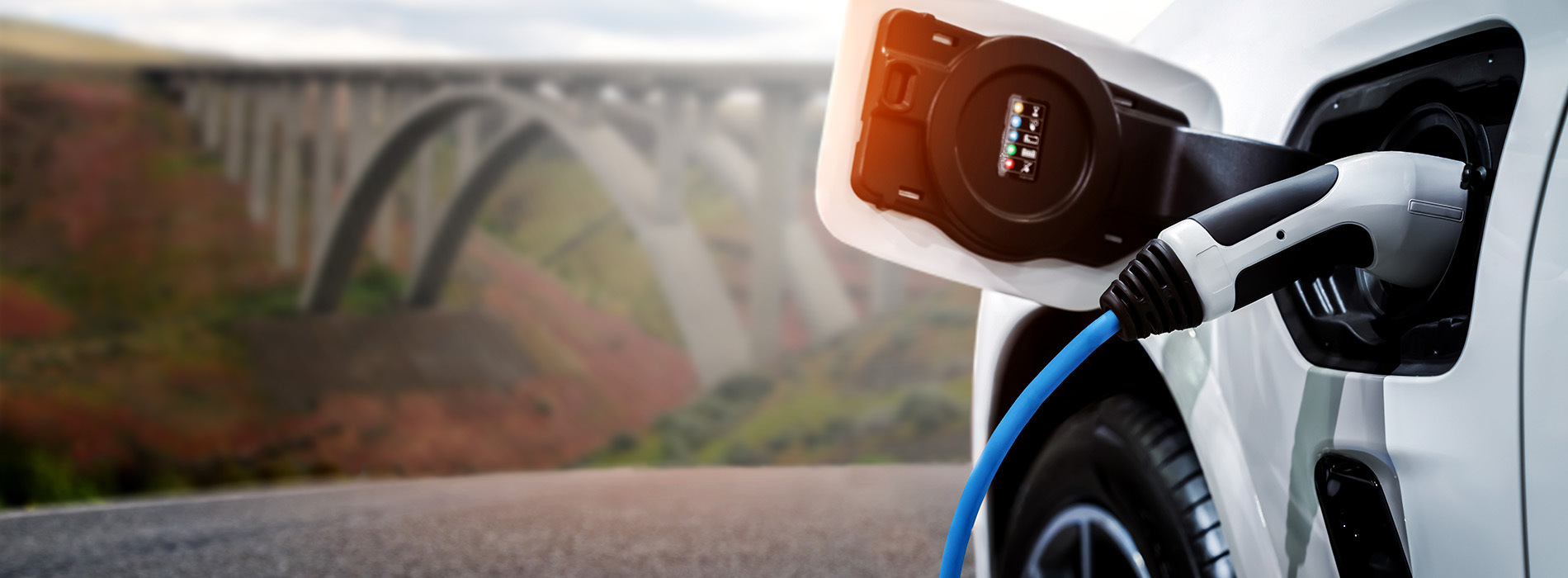New Advancement in EV Charging: How the Sector Is Developing to Meet Demand
As the electrical lorry (EV) market continues to expand, the charging framework is undertaking substantial changes to resolve the rising need. The implications of these advancements increase vital inquiries concerning the future of EV charging and its function in the more comprehensive power community.
Growth of Billing Facilities
The fast growth of electric automobile (EV) billing infrastructure is an essential part in helping with the extensive adoption of electrical mobility. As governments, personal companies, and consumers increasingly acknowledge the value of decreasing carbon exhausts, investments in charging networks have actually surged. This infrastructure development is vital to ease variety anxiety, ensuring that EV customers have convenient accessibility to charging stations.
Significant developments accountable terminal technology and deployment techniques have arised. Urban locations are seeing a spreading of public billing stations, while country regions are gradually being incorporated into the billing network. Moreover, partnerships between automotive producers and billing providers are ending up being much more typical, assisting in the establishment of comprehensive networks that boost individual experience and ease of access.
In addition, the integration of sustainable power sources right into billing terminals is obtaining energy, advertising sustainability in the EV community. This shift not only sustains ecological objectives yet also straightens with the increasing need for environment-friendly power solutions among customers.
Ultra-Fast Charging Technologies
Ultra-fast billing modern technologies stand for a substantial leap ahead in the EV billing landscape, enabling electrical automobiles to recharge in a portion of the time contrasted to conventional charging approaches. These innovations commonly provide power levels exceeding 150 kW, with some systems rising to 350 kW or more, considerably lowering billing times to just 15-30 minutes for a substantial charge.
Key allowing modern technologies include improvements in battery chemistry, power electronic devices, and thermal management systems. For example, high-capacity batteries with improved thermal security permit for faster billing without overheating. In addition, developments accountable infrastructure, such as liquid-cooled wires and modular billing terminals, facilitate efficient power transfer, improving the total customer experience
Significant automotive makers and innovation firms are actively buying ultra-fast charging networks, acknowledging the important duty they play in overcoming variety stress and anxiety and speeding up the fostering of electric cars. As these technologies come to be a lot more commonly readily available, the EV market is expected to witness substantial growth, making electrical flexibility a much more eye-catching alternative for customers. Overall, ultra-fast charging technologies are crucial fit the future of sustainable transportation, leading the way for an extra considerable and effective billing ecological community.
Smart Grid Combination

Via need reaction strategies, wise grid systems can readjust charging routines based on grid conditions and power rates. As an example, during periods of high need, billing can be postponed to off-peak hours, causing reduced costs for consumers and decreased stress on the grid. Furthermore, vehicle-to-grid (V2G) modern technologies allow EVs to release power back right into the grid, enhancing and offering secondary services grid security.
Combination with renewable resource resources even more increases the sustainability of EV charging. By aligning billing activities with durations of high solar or wind generation, wise grids promote a greener billing facilities. Ultimately, smart grid combination not only supports the expanding demand for EVs yet likewise contributes to an extra resistant and sustainable power future, positioning the industry for long-lasting success.
Battery Advancements
Among the quick advancement of electric vehicles (EVs), battery innovations stand at the center, driving developments in effectiveness, performance, and sustainability. As the need for EVs surges, scientists and makers are concentrating on enhancing battery modern technologies to attend to challenges such as array click here to find out more anxiety and billing times.
Lithium-ion batteries continue to be the most extensively used modern technology, yet brand-new materials and chemistries are emerging to boost energy density and long life. Solid-state batteries, for example, promise better power storage capacity and boosted safety by replacing fluid electrolytes with strong ones. This change could substantially minimize the danger of fire and raise the life-span of batteries.
Additionally, improvements in battery reusing processes are vital for sustainability. Firms are developing methods to recover important products like lithium, cobalt, and nickel from used batteries, promoting a circular economic climate and minimizing environmental impact.

Worldwide Charging Requirements

Efforts are underway to establish international charging standards that help with compatibility among different EV models and charging terminals. Organizations such as the International Electrotechnical Payment (IEC) and the Society of Automotive Engineers (SAE) are working collaboratively with automobile suppliers and energy service providers to create extensive standards. EV Charging news. These requirements aim to streamline the charging procedure, lower the need for multiple adapters, and enhance user experience
Furthermore, standardization can considerably strengthen the development of the charging network, as it urges investment by making infrastructure growth much more predictable and efficient. As the EV market develops, a unified technique to charging standards will certainly be vital for guaranteeing that consumers can charge their vehicles easily and reliably, consequently supporting the broader change to lasting transportation.
Conclusion
The electric vehicle billing industry is undergoing considerable change to deal with the rising demand for sustainable transport. Developments in charging facilities, ultra-fast modern technologies, smart grid assimilation, and ingenious battery remedies are pivotal in boosting individual experience and operational performance.
Urban areas are seeing a proliferation of public billing stations, while rural areas are gradually being integrated right into the billing network. Furthermore, developments in billing framework, such as liquid-cooled cords and modular billing terminals, promote effective our website power transfer, improving the general customer try this experience.
Overall, ultra-fast charging modern technologies are essential in forming the future of sustainable transport, leading the means for an extra considerable and reliable charging environment. - EV Charging news
By lining up billing activities with periods of high solar or wind generation, wise grids promote a greener billing framework.Efforts are underway to develop worldwide billing criteria that promote compatibility among different EV models and charging terminals.